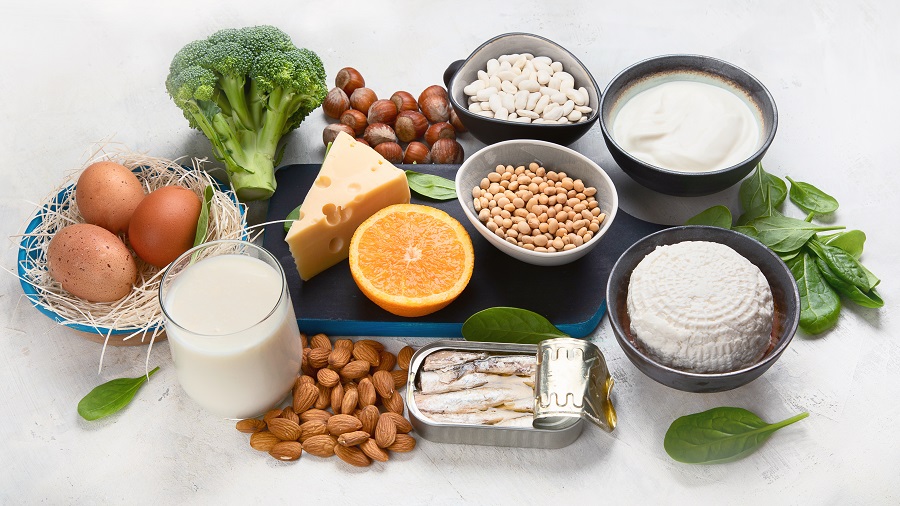4 Ways to Better Bone Health

Most of us don't think much about our bone health until we reach middle age when osteoporosis is commonly known to set in. In reality, we need to think about the wellness of our all-important internal scaffolding decades earlier. The reason? Our bone health is in part determined by what we do much, much earlier in life.
Most of us don't think much about our bone health until we reach middle age when osteoporosis is commonly known to set in. In reality, we need to think about the wellness of our all-important internal scaffolding decades earlier. The reason? Our bone health is in part determined by what we do much, much earlier in life.
Our bones do a great job absorbing nutrients and minerals and gaining strength until they reach peak mass in our twenties. After that, bone density starts to decline, especially after menopause due to the lack of estrogen.
The good news? There are four steps you can take to ensure optimal bone health, whether you are 20 or 60. Here are four tips that will give your bones a leg up on staying healthy.
1. Start Exercising
Activity helps maintain bone health and builds muscle, which are both important for helping reduce the possibility of a fracture. Your doctor should be consulted before beginning an exercise program. Types of helpful exercises include:-
- Strength training
- Balance exercises
- Posture awareness
- Aerobic physical activity
2. Consume Calcium
Calcium is an essential mineral for bone health, but our bodies aren’t always efficient in absorbing the calcium we consume. Eating calcium-rich foods several times a day allows the body to process the mineral at a constant rate. High-calcium foods include:- Almonds
- Beans and lentils
- Cheese– especially the harder varieties
- Dried figs
- Edamame and tofu
- Greens– especially cress, collards and kale
- Broccoli
- Rhubarb
- Sardines and canned salmon
- Seeds– especially poppy, sesame, celery and chia
- Whey protein
- Yogurt– choose options low in added sugar
3. Amp up Vitamin D
Vitamin D helps the body absorb calcium and plays an important role in maintaining muscle strength and functioning. Your body makes vitamin D when exposed to sunlight, however, often sunlight isn’t enough.- Eat more foods that contain vitamin D, such as milk, fatty fish, orange juice and cereal.
- Your health care provider can order a blood test to check your vitamin D level and recommend a supplement, if necessary.
- Visit the Bone Health and Osteoporosis Foundation for more information on calcium and vitamin D.

